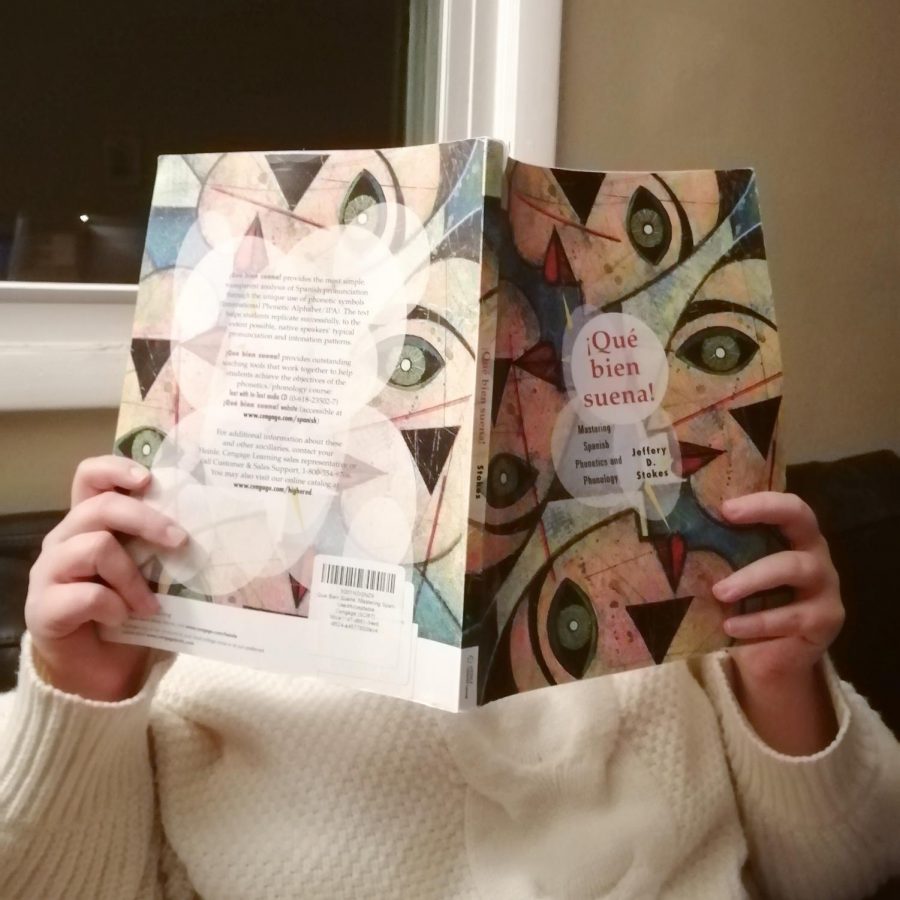Tutoring services continue online, maintain numbers
There are fewer people this year taking part in tutoring or academic coaching.
When classes went online last semester due to the pandemic, some academic tutors had to quit their jobs. Because they had to leave the United States to return home, they were not allowed to keep their jobs according to federal law. However as Caitlin Finch, Peer Support Coordinator and Academic Counselor, reported in an email, most tutoring relationships continued through the entirety of the spring semester and students still had access to virtual help sessions in the evenings through the end of spring classes. Furthermore, neither these small setbacks nor the pandemic have affected the number of students who are using tutoring resources this semester.
In comparison to last year, Finch said that there are fewer people taking part in tutoring or academic coaching — 380 students this time last year compared to 300 students this year — but there are around 70 students participating in the international online cohort. This cohort assigns tutors to a certain class rather than to a certain student. There are also around 70 students in the Knight Scholar program, which uses teaching assistants to “help students engage with their coursework in meaningful ways.” Taking these numbers into account with this year’s smaller freshman class, numbers have not been declining.
However, some tutors have noticed that there are fewer students attending general help sessions. Laura Dykstra, a senior biology and chemistry tutor, noted that there have been fewer students showing up at the chemistry help sessions. Since tutoring services are now online, she thinks this might simply be because online services are “less visible” and therefore not as many students may know of the resources available.
Explaining concepts is more difficult virtually, “especially when I’m used to having a giant whiteboard in the room to write on,” said Dykstra.
Advait Scaria, a junior and a computer science tutor, finds it especially difficult to tutor over a computer. He said that “it is hard to realize things such as body language and facial expressions through a virtual environment.”
Tutors do have resources to help overcome the difficulties of online tutoring. Finch mentions some including “whiteboard applications, screen sharing, and shareable documents.”
Finch and the tutors encourage students to reach out to tutoring services if they need any academic help. The deadline to sign up for a tutor or academic coach is Oct. 30. Online help sessions continue until the last day of fall semester classes, and tutors are happy to help even if only with a virtual whiteboard.








